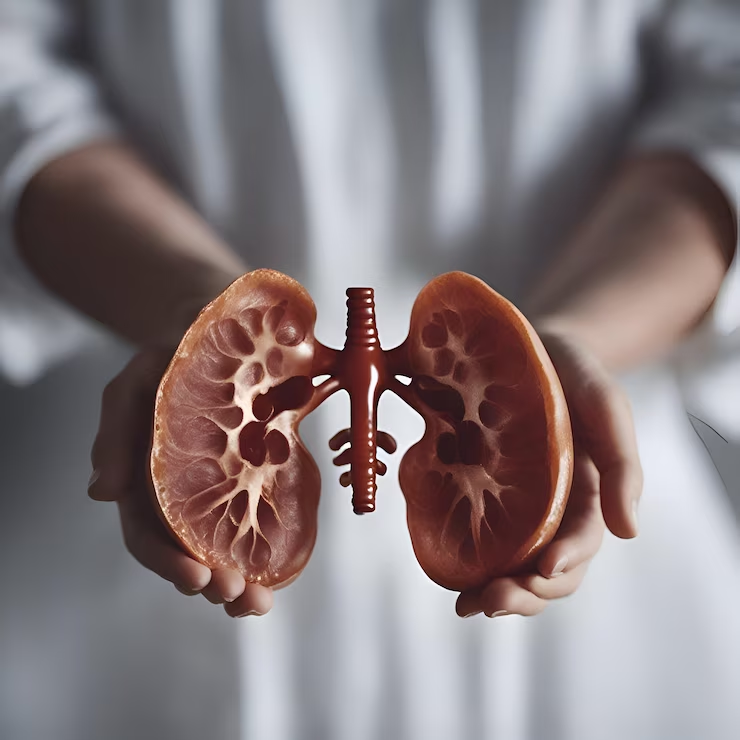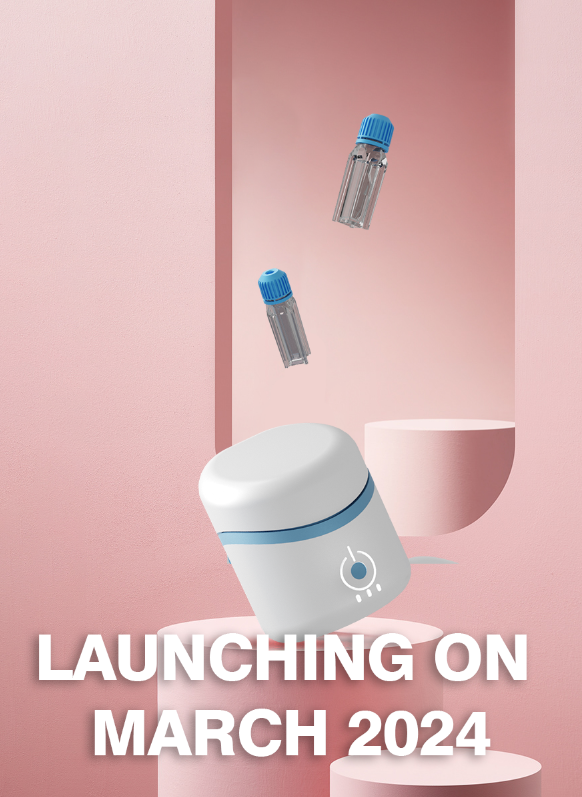
Protecting Your Kidneys in the Winter: A Comprehensive Guide
As the mercury dips and we welcome the winter season, our bodies undergo various physiological changes to adapt to the colder temperatures. Among these adjustments, our kidneys, the vital organs responsible for filtering waste from the blood and regulating fluid levels, face unique challenges. The prevalence of Chronic Kidney Disease (CKD) is on the rise, affecting an estimated 15-20% of the global population at various stages. Recognized as the 12th leading cause of death worldwide, CKD is projected to climb to the fifth spot by 2040. This silent killer often goes unnoticed until the advanced stages, making awareness and proactive management crucial for maintaining kidney health, especially during the challenging winter months.
Understanding CKD: The Silent Epidemic
Chronic Kidney Disease, characterized by the gradual loss of kidney function, is a significant predictor of hospitalization, reduced quality of life, and an increased economic burden. The Indian Society of Nephrology's registry indicates a disturbing trend: a majority of patients seek nephrological care at advanced stages of CKD, primarily caused by diabetes and hypertension—both preventable lifestyle diseases.
The Winter Connection: Kidneys Under Pressure
The cold weather brings specific challenges for individuals with kidney disease. Increased blood pressure and sugar levels, heightened risk of infections, and weight gain due to inactivity and dietary changes exacerbate the strain on kidneys. These factors underscore the necessity for vigilant management of kidney health during winter.
A Battle Against Misinformation
In today's digital age, the surge of unverified health information on social media platforms complicates the public's ability to access scientifically validated guidance. This issue is particularly acute in developing countries, where lax regulatory mechanisms and the prevalence of unqualified practitioners lead many astray, further endangering kidney health.
Strategies for Winter Kidney Care
Good Blood Pressure Control
Blood pressure significantly impacts kidney function, and winter months can see a spike due to arterial constriction. Ensuring meticulous blood pressure monitoring and adjustments in medication can help maintain optimal levels recommended at below 130/80 mmHg for those with kidney disease.
Effective Blood Sugar Management
Similar diligence is required for blood sugar control, as colder months can lead to increased levels. Regular monitoring and appropriate adjustments in medication are essential to keep blood sugar within the target range, ideally with an HbA1c level of 7.
Encouraging Regular Exercise
Despite the challenges posed by cold weather, maintaining physical activity is crucial. Indoor activities like yoga or gym workouts can substitute outdoor exercises, helping prevent weight gain and manage blood sugar and pressure levels.
Diet and Nutrition
Winter diets often lead to increased salt and sugar intake, which can be detrimental to kidney health. A conscious effort to limit high-salt snacks and moderate sweet consumption is vital, alongside regular monitoring of kidney functions to avoid any progression of disease.
The Role of Telemedicine
For those in remote areas or facing challenges in accessing in-person care, teleconsultations emerge as a valuable tool for continuous monitoring and management, offering a practical solution to ensure consistent kidney care.
The Imperative to Quit Smoking
Smoking cessation is arguably the most critical step for individuals with or at risk of CKD. The risks associated with smoking for kidney disease and end-stage renal disease are astronomically high, highlighting the urgent need for those who smoke to quit immediately to safeguard their kidney health.
Recognizing the Signs: When to Seek Help
Awareness of kidney damage symptoms is crucial for early detection and treatment. Symptoms such as fatigue, changes in urine output, swelling in the legs, and persistent itching warrant immediate medical attention. Recognizing these signs early can be a pivotal step in preventing the progression of kidney disease.
Final Thoughts: A Call to Action
As we navigate the cold season, it's imperative to prioritize our kidney health. The journey towards preserving kidney function in the winter demands a multifaceted approach, encompassing vigilant monitoring, lifestyle adjustments, and debunking myths with scientifically sound information. By adopting these strategies, we can protect our kidneys and ensure our overall well-being, regardless of the season.
In conclusion, kidney disease treatment and management require a comprehensive and informed approach, especially during the challenging winter months. By staying informed, making healthier lifestyle choices, and seeking timely medical advice, we can significantly reduce the impact of CKD and enjoy a healthier life. Let's embrace these practices and keep our kidneys safe, not just in winter but all year round.

